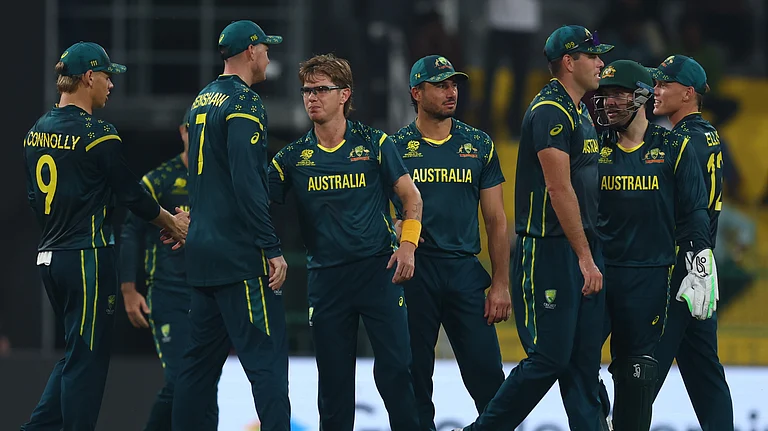As the landscape of Indian entertainment evolves, a refreshing trend has emerged, one that focuses on relatable love stories set in smaller cities and towns. Shows like Crushed and Gutar Gu have captured the hearts of young viewers by depicting young boys and men as caring and chivalrous individuals, breaking away from the traditional macho and 'protective' stereotypes commonly portrayed in mainstream Indian pop culture. This shift not only reflects the changing dynamics of relationships but also resonates with the aspirations of the youth in smaller cities.
In an extensive primary research, engaging with young people and closely observed their evolving preferences, Pocket Aces discovered that contemporary relationships have taken on a sibling-like quality, as you are figuring out life together. Consequently, shows, such as Crushed, focus less on intimacy but instead highlight the challenges and triumphs faced while building careers and pursuing academic goals of the characters in the web-series.
A notable example of this shift in storytelling is the romantic drama Little Things, which gained popularity back in 2016. The series delved into the daily ups and downs of a live-in couple, a rarity in Indian society, even among affluent urban Indians. By presenting such narratives, producers aim to create 'clean' content that remains relatable to young people who are online but live in conservative households in smaller cities. Interestingly, these shows have found success on streaming platforms, with parents joining their children in watching them, thanks to content's subtle yet progressive undertones.
The subtle hints of progressivism within these shows have become aspirational for youngsters from smaller towns. For instance, a couple in Varanasi may not be in a live-in relationship, but when they watch Dhruv and Kavya from Little Things discussing their relationship issues, the concept of a 'live-in' relationship becomes aspirational. Other aspects such as job-related stress and the challenges of a long-distance relationship are relatable to anyone who is young and in love.
These relatable stories of young love, infused with a sense of aspiration, have captured the attention of traditional TV audiences. A parallel can be drawn to the popularity of K-dramas, even when dubbed in the regional language of choice. Hindi film producers have also begun exploring projects that offer wholesome family entertainment, believing them to be safe bets in a challenging box office landscape. By embracing the storytelling techniques and emotional depth found in Korean dramas, Indian television can offer a fresh and compelling viewing experience. The appeal lies in the universal themes of love, friendship, and personal growth that transcend cultural boundaries.
While television remains India's largest medium of entertainment, it has experienced a decline in viewership among the country's youth. According to a FICCI-EY report, TV viewership among 15-21-year-olds dropped by 17% during the pandemic, slightly higher than the overall decline in TV viewership in India. However, Korean shows have managed to capture the elusive attention of this demographic, even finding their way into family TV time. Perhaps this is the key for television to regain the interest of the younger generation—a shift towards sensitive and simple love stories inspired by the best of Korean entertainment.
As the landscape of Indian entertainment continues to evolve, the emergence of relatable love stories in smaller cities marks a significant milestone. These shows not only challenge traditional stereotypes but also offer a sense of aspiration for young viewers. By presenting clean yet progressive content, web show producers are bridging the gap between conservative values and modern aspirations. As we move forward, it is imperative to maintain the universality of these narratives, allowing love stories to transcend geographical boundaries and resonate with audiences across India.
(Aditi Shrivastava is Co-founder and CEO of Pocket Aces. Views expressed here are personal.)





















